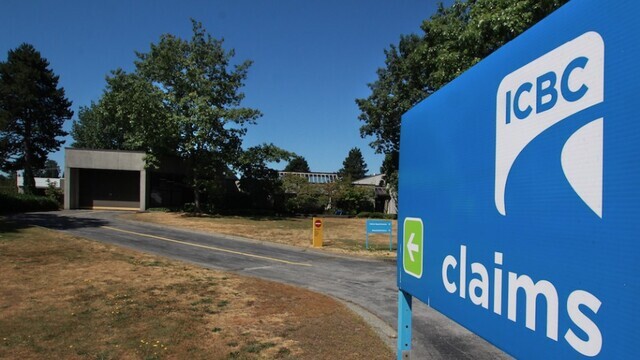DESIBUZZCanada
Events Listings

International Day Of Yoga To Be Virtually Celebrated Saturday At 4pm

CANCELLED: Coronavirus Fears Kills Surrey’s Vaisakhi Day Parade

ADVERTISE WITH US: DESIBUZZCanada Is The Most Read South Asian Publication Online

SURREY LIBRARIES: Get Technology Help At Surrey Libraries

WALLY OPPAL: Surrey Police Transition Update On Feb. 26

GONE ARE THE DAYS - Feature Documentary Trailer

Technology Help At Surrey Libraries

Birding Walks

Plea Poetry/short Story : Youth Contest

International Folk Dancing Drop-in Sessions
Indo-Canadian Man From Abbotsford Wins $15 Million Settlement From ICBC
- May 23, 2023

An Indo-Canadian man has won one of the largest settlement for a motor vehicle injury in BC after he was awarded $15 million following a drunk driver who ran a stop sign and smashed into a car then carrying the victim who was nine-year-old at the time and left him paralyzed. A judge has issued a $15-million settlement to a 24-year-old Arshdeep Singh Sidhu for catastrophic injuries he suffered in a car accident caused by a drunk driver on March 30, 2008.
ABBOTSFORD – An Indo-Canadian man has won one of the largest settlement for a motor vehicle injury in BC after he was awarded $15 million following a drunk driver who ran a stop sign and smashed into a car then carrying the victim who was nine-year-old at the time and left him paralyzed.
A judge has issued a $15-million settlement to a 24-year-old Arshdeep Singh Sidhu for catastrophic injuries he suffered in a car accident caused by a drunk driver on March 30, 2008.
Sidhu, now a ventilator-dependent quadriplegic, is to receive $13 million for future care from the Insurance Corporation of B.C., following prolonged and complex legal proceedings.

Sidhu had been a passenger as his parents drove through an intersection when drunk driver Jan Abram Hiebert ran a stop sign, crashing into the family. Hiebert’s blood alcohol level was three times the legal limit, according to court documents.
Hiebert smashed into the driver’s side of the family’s Nissan Pathfinder, where Sidhu sat in the backseat, and it had been alleged that at the time of the collision, the shoulder seat belt rested improperly on Sidhu’s right shoulder, not left, which caused a near complete spinal cord transection.
Sidhu brought a claim against Nissan, which reached a settlement with Sidhu prior to Justice Carla Forth’s May 12 ruling. Sidhu, represented by Michael Slater K.C. and Sam Jaworski of Slater Vecchio LLP, claimed Nissan failed to include rear seat belt pretensioners and knew or ought to have known seatbelts would be misused by children. The settlement was not made public by the judge.
Sidhu put Nissan’s settlement in a trust fund and continued to receive just over $20,000 from the Choices in Supports for Independent Living (CSIL) program, which funds disabled individuals. The trust “is a discretionary, irrevocable trust, meaning the plaintiff cannot compel the trustees to pay money to him, or on his behalf,” noted the ruling.

Sidhu started CSIL when he turned 19; initially, he received funding based on 420 hours per month, which was the Ministry of Health guideline in place at the time. His family advocated to get 611 hours per month, which still did not cover the time spent by Sidhu’s father caring for his son.
The defendants, namely ICBC, argued for Sidhu’s compensation to be reduced by close to $5 million, as it believed Sidhu may have the option to put the rest in another discretionary trust and stay on CSIL, which did not cover all his care costs even at just over $20,000 per month.
The judge dismissed the defendants’ argument and awarded the $13 million, plus $2.2 million for loss of future earning capacity.
However, in the decision, the judge reduced those earnings by close to $600,000 given Sidhu’s life expectancy will be much lower than average (age 50).
Sidhu was also granted $403,000 in non-pecuniary damages.
It’s unclear what Hiebert will be liable for. Court records show Hiebert was sentenced for criminal impaired driving causing bodily harm on May 21, 2009.

























